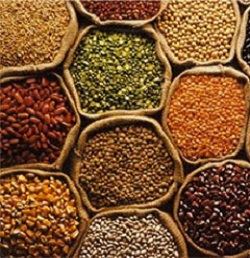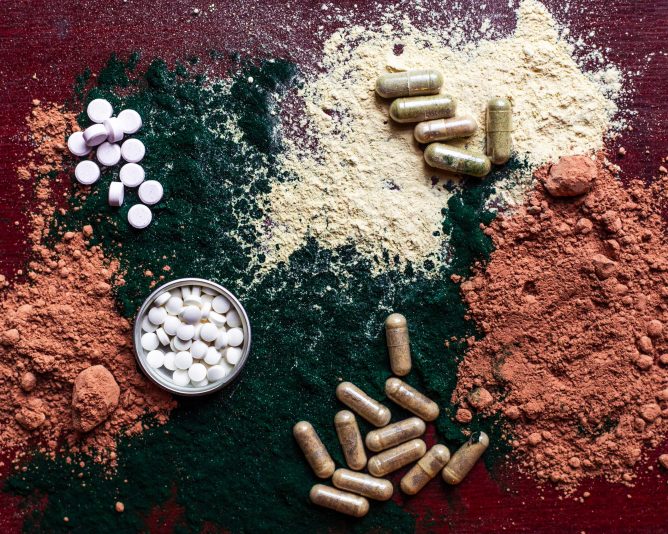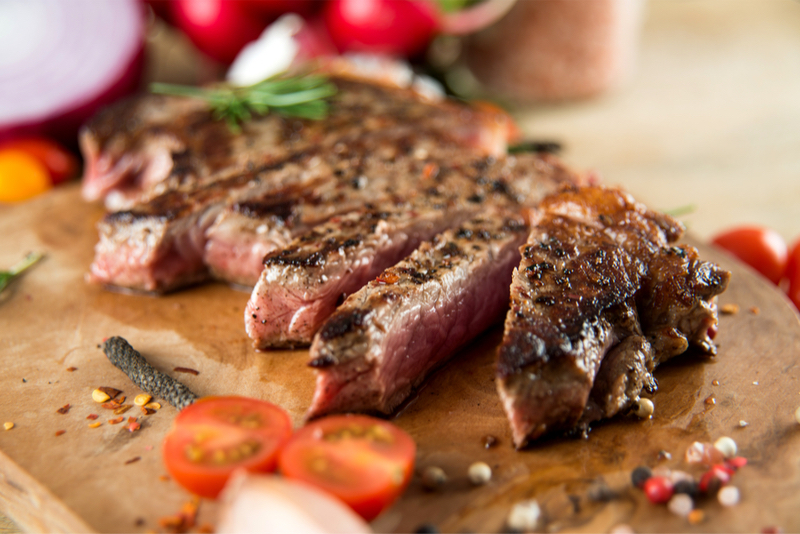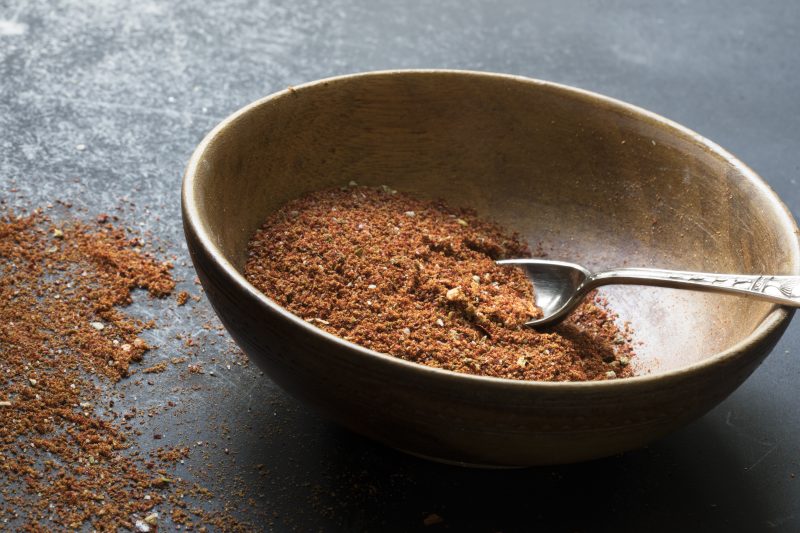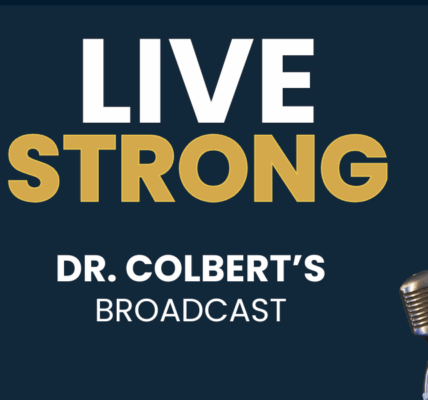Reduce Your Risk Of Heart Disease With Low-Cost Foods
A recent study concluded that the consumption of at least one serving per day of lentils, peas, chickpeas and beans can help you lower your risk of developing heart disease. These foods, called pulses, are plant proteins and are widely consumed in many countries, but are missing from many North Americans’ diets.

Dr. John Sievenpiper of St. Michael’s Hospital in Toronto said that we can easily include pulses in our diet to benefit our heart. South Asian and Mediterranean diets include pulses as their main ingredient. They are also relatively cheaper than other foods. Several types of pulses are grown in America and so making them a part of our diet would also be favourable to our local farmers.
Study Indicating the Benefits of Pulses for Heart Health
A study published in the Canadian Medical Association Journal by Sievenpiper’s team examined earlier research studies that included more than a thousand middle aged people. The investigators indicate that eating one serving of pulses per day can reduce your bad cholesterol by five percent, which in turn lowers your risk of heart disease by five to six percent.
Most Americans consume only half a serving of pulses per day. One serving of pulses is usually about 3/4ths of a cup. It is important to note that the consumption of pulses can cause side effects such as constipation, bloating, gas or diarrhoea, but these signs were found to settle down over the course of the study. Researchers further added that more analysis and trials are required to ensure that consumption of pulses is good for lowering bad cholesterol and reducing the risk of heart disease.
The Health Benefits of Adding Pulses to Your Diet
Lentils, peas, chickpeas and beans can have many other health benefits besides lowering your risk of heart disease. Susan Weiner, a diabetes educator and registered dietician, states the benefits of pulses:
- They are a rich source of plant protein, particularly when consumed along with brown rice and quinoa (whole grains) which contain amino acids that are not found in pulses.
- They contain essential minerals, nutrients and vitamins such as zinc, magnesium, folate, potassium, iron and vitamin B6.
- They contain phytonutrients that are known for their ability to lower the risk of life-threatening ailments.
- They are composed of healthy natural fiber, which can help you in your weight loss regimen since fiber keeps you full for a longer time.
Including Pulses in Your Diet
Weiner suggested that if you want to add pulses to your diet, begin by including them in your favourite foods. You can also go for vegetarian recipes. If you are short of time, you can also try slow-cooker techniques to prepare recipes that can include lots of healthy vegetables.
The most economic way to add pulses to your diet is to buy them through your local grocers and prepare them at home. Chickpeas take a lot of time to cook compared to peas and lentils as you need to soak them in water overnight before cooking. If you have bought canned pulses, be sure to rinse them before cooking in order to remove the added salt that had been added for canning.
Beans have a meaty texture and they take on the wonderful flavours of spices. This makes them an excellent substitute for animal protein. You can include beans in your favourite soups and recipes. Weiner says that she like chilli and hummus. She prefers adding lots of colored raw vegetables like carrots, broccoli and peppers in hummus to create a delicious meal.

